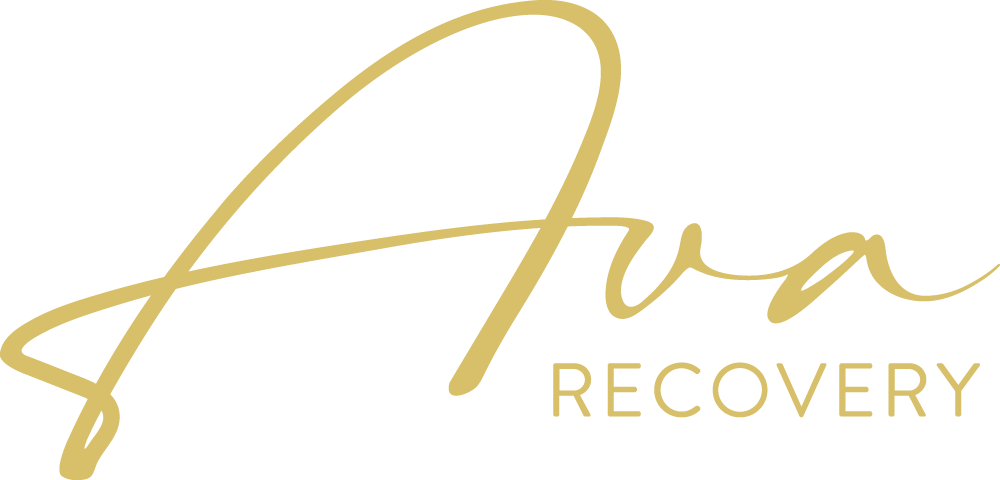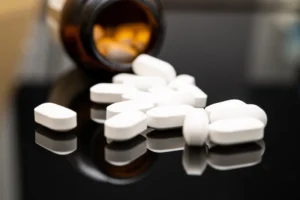Bipolar disorder is a serious mental illness that leads to extreme emotions, common mood swings, and different energy levels. Many individuals who suffer from bipolar disorder also suffer from addiction. In fact, it is estimated that about 60% of individuals diagnosed with bipolar disorder also suffer from substance abuse.
That begs the question, can bipolar disorder cause addiction? Conversely, can addiction cause bipolar disorder? These are real questions that need to be asked to fully understand how dual diagnosis is treated for individuals who suffer from bipolar disorder and addiction.
The Relationship Between Bipolar Disorder and Addiction
There is a close relationship between bipolar disorder and addiction. Some studies suggest that 46% of individuals diagnosed with bipolar disorder suffer from drug or alcohol addiction. Alcohol is the most common substance abused by individuals with bipolar disorder due to its ease of access, but some individuals abuse prescription or illicit drugs.
Whenever someone is diagnosed with a mental illness, such as bipolar disorder, or addiction, they are suffering from what is called a co-occurring illness. bipolar disorder is one of the most diagnosed mental health disorders alongside addiction.
Can Bipolar Disorder Cause Addiction?
If there is a relationship between bipolar disorder and addiction, does bipolar disorder cause the addiction? It is unclear why these two diseases are so closely related. Bipolar disorder does not outright cause addiction, but it can cause the person to be more likely to become addicted.
Some experts believe that bipolar disorder is a risk factor for addiction because individuals are in extreme emotional states. In order to soothe their feelings, they seek out help from substances, such as alcohol, prescription medicine, or illicit drugs, which eventually leads to addiction.
Can Drug Addiction Cause Bipolar Disorder?
It’s important to also consider whether addiction causes bipolar disorder. Drug addiction often results in loss of normality, support groups, and mental health. As such, bipolar disorder or other mental illnesses can arise from the situation, though addiction doesn’t outright cause bipolar disorder.
How Co-Occurring Bipolar Disorder and Addiction Are Treated
It’s important that individuals who have co-occurring illnesses receive treatment for both illnesses, especially when dealing with bipolar disorder and substance abuse disorder.
For most individuals, co-occurring illnesses go hand in hand. In other words, the addiction exacerbates the bipolar disorder or vice versa. Because the illnesses go hand in hand, it’s important to treat both, or else the individual will not get the holistic care they need.
As such, individuals with co-occurring illnesses should receive dual diagnosis treatment. Dual diagnosis treatment is designed to help the person overcome all of their problems, including co-occurring illnesses.
Dual diagnosis treatment is essential for successfully recovering from bipolar disorder and addiction. Addiction will first be treated with a medical detox that allows the individual’s body to detoxify from the substance safely.
After that, the individual will receive counseling, therapy, and group sessions in order to learn about past mistakes and triggers so they can improve their decisions in the future. For some mental illnesses, medications may be prescribed as well.
Get Help from Ava Recovery
Bipolar disorder and addiction often go hand in hand. It’s important for individuals who receive a dual diagnosis to receive dual diagnosis treatment for bipolar disorder and substance abuse. Unless both illnesses are being treated, the individual may not make a full recovery. If you or a loved one is suffering from bipolar disorder and substance abuse, contact Ava Recovery today. Ava Recovery offers dual diagnosis treatment to ensure individuals get the personalized care they need. Give us a call today to learn more about our offerings and how we can help you.







